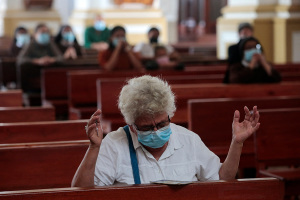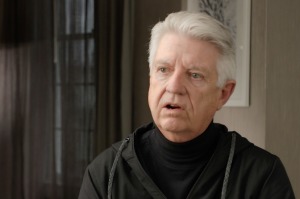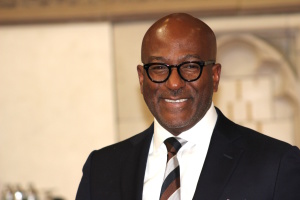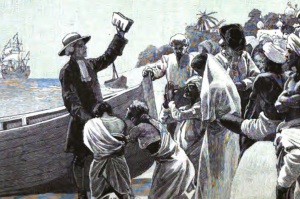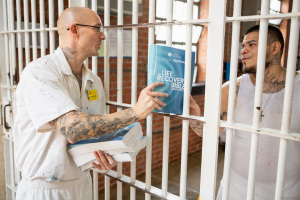Biden blasts 15-week abortion ban: ‘My church doesn’t even make that argument’
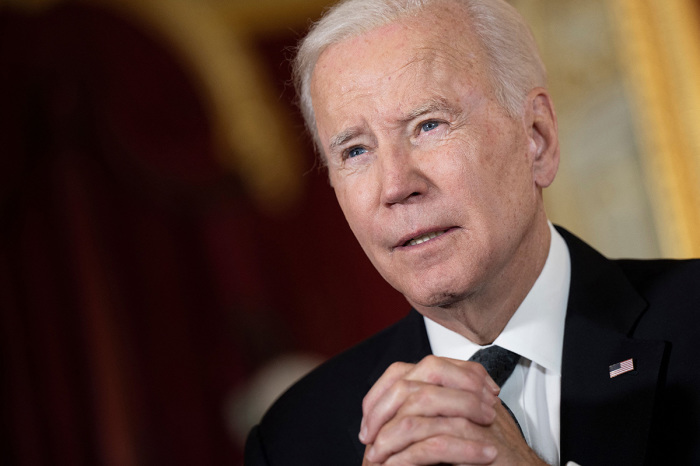
President Biden criticized Sen. Lindsey Graham’s proposed bill that would ban abortion after 15 weeks of gestation nationwide, saying, “My church doesn’t even make that argument now.”
Biden blasted Republicans at a Democratic National Committee fundraiser in New York last week over Graham's bill, which was introduced in the U.S. Senate earlier this month. It's the first pro-life legislation introduced at the federal level since the U.S. Supreme Court overturned the Roe v. Wade decision that legalized abortion nationwide in 1973.
The Dobbs decision does not ban abortion nationwide but gives state and federal lawmakers the authority to set limits on abortion or increase gestational ages for abortion. Several states have moved to ban abortion in the weeks following the Dobbs decision, while abortion remains legal up to the moment of birth in other states.
Biden said at a DNC fundraising dinner at a private residence in New York Thursday: “You have Lindsey Graham of South Carolina and others talking about how they’re gonna, you know, make sure that Roe is forever gone and Dobbs becomes a national law.”
He added, "My generic point — and I happen to be a practicing Roman Catholic — my church doesn’t even make that argument now. And so we’re in a situation where things have changed a lot. But they’ve [Republicans] gotten more extreme in their positions."
“The Catholic Church, of course, never justifies the killing of an innocent person by abortion,” Father Frank Pavone, national director of Priests for Life, said in response to Biden’s claim.
In response to the Dobbs decision, congressional Democrats have restarted their earlier efforts to pass the so-called Women’s Health Protection Act, which would codify abortion into federal law and limit the ability of states to pass pro-life laws.
Biden claimed that the bill provides for “no exceptions … rape, incest, no exceptions.”
The bill includes exceptions in cases of rape, incest and physical dangers to the life of the mother, The Hill noted.
Biden then said, “I happen to be a practicing Roman Catholic, my church doesn’t even make that argument,” adding, “I’m going to veto” the bill.
A few months before Biden’s speech at the DNC fundraiser, Speaker Nancy Pelosi's archbishop said the Democratic leader wouldn't be allowed to receive communion due to her staunch support and advocacy for abortion.
In May, San Francisco Archbishop Salvatore Cordileone sent a letter to Pelosi, D-Calif., a practicing Catholic, informing her that she had been warned to either “repudiate your advocacy for abortion ‘rights’” or “refrain from referring to your Catholic faith in public and receiving Holy Communion.”
Biden’s presidency has intensified the debate among American Catholic leaders over whether Catholic public officeholders who advocate for abortion should be denied communion, a practice done in some dioceses.
As Biden campaigned for president ahead of the 2020 presidential election, a priest in South Carolina refused to serve him communion due to his abortion advocacy.
Supporters of withholding communion from pro-abortion Catholic politicians, both inside and outside the Church hierarchy, point to the Church’s Code of Canon Law as the justification for their position. The Code of Canon Law states that those who are “obstinately persevering in manifest grave sin are not to be admitted to Holy Communion.”
However, last November, the U.S. Conference of Catholic Bishops approved a document on communion that didn’t overtly call for a ban on pro-choice politicians receiving the sacrament despite.
At a general meeting at the time, bishops overwhelmingly approved a document from the USCCB’s Committee on Doctrine known as The Mystery of the Eucharist in the Life of the Church. Eight bishops voted against the document, while 222 bishops voted in favor. Three abstained.
However, the document stated that Catholic laity “who exercise some form of public authority have a special responsibility to form their consciences in accord with the Church’s faith and the moral law, and to serve the human family by upholding human life and dignity.”
It read, “As Christians, we bear the responsibility to promote the life and dignity of the human person, and to love and to protect the most vulnerable in our midst: the unborn, migrants and refugees, victims of racial injustice, the sick and the elderly.”
















